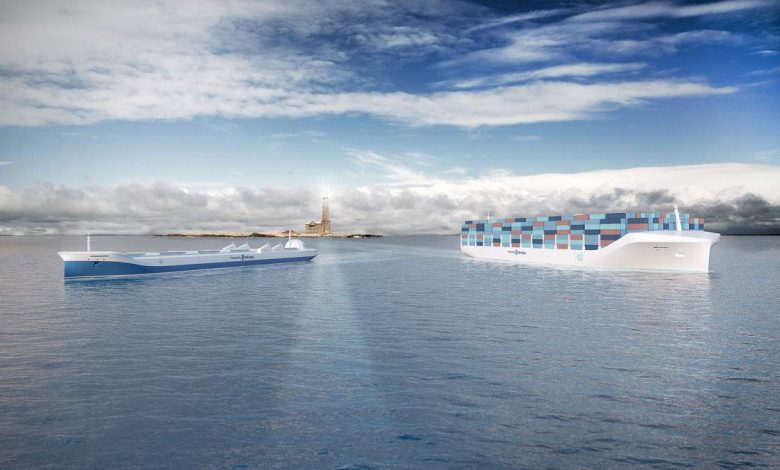IUMI outlines obstacles facing development of unmanned ships

A report from the International Union of Marine Insurance lays out many of the obstacles facing shipping’s quest for unmanned vessels.
The report by Frédéric Denèfle, insurance director at CESAM & GAREX, and IUMI’s legal and liability committee chairman, admits: “Unmanned ships are no longer just a fantasy.”
Nevertheless, this technological breakthrough will need huge changes in mindsets and rules from many different bodies, IUMI noted.
“The most important pillar for a marine insurer regarding ship security is the quality of crew on board,” Denèfle wrote.
Exploring the issue further the French national noted: “The concept of an unmanned vessel does not fit with the traditional known approach of the shipowner’s legal commitment, which is to safely man its vessel and identify the master as the central authority on board.”
All charter-parties and bills of lading, which currently specify that the important duties on board must be fulfilled by the master and/or other crew members, will need to be changed if unmanned vessels become reality. Likewise flag state and classification societies will need to issue new rules, regulations and laws which will recognise the preeminence of remote control technology over the immediate know-how of a crew on board.
“We can’t ignore or resist new technology and unmanned ships look likely to play a limited – or perhaps broader role – in the future. Once the key issues have been addressed and an international convention has been developed and ratified, then it is likely that these ships will become a reality. But there is a lot of work to be done first and IUMI will be on the forefront during these discussions,” Denèfle concluded.

Question: In future, could the master of the ship be onshore, operating/controlling the vessel / several vessels remotely? So that the documents and responsibilities will still remain on the master of the ship as today, but the shipping documents available in digital format in internet. Would this possibility as a possible interim solution, require changes in the charter parties, rules and regulations?